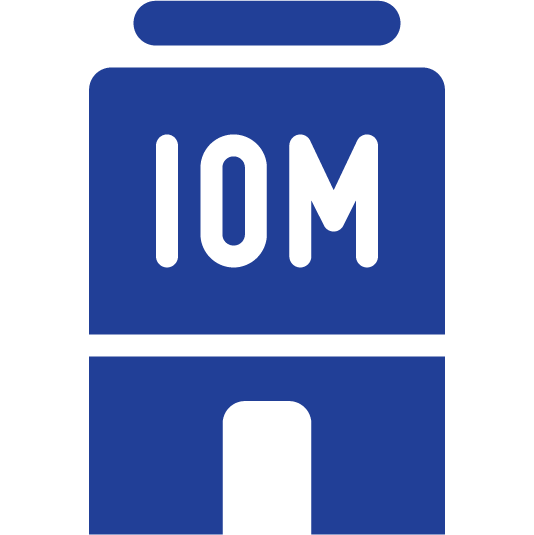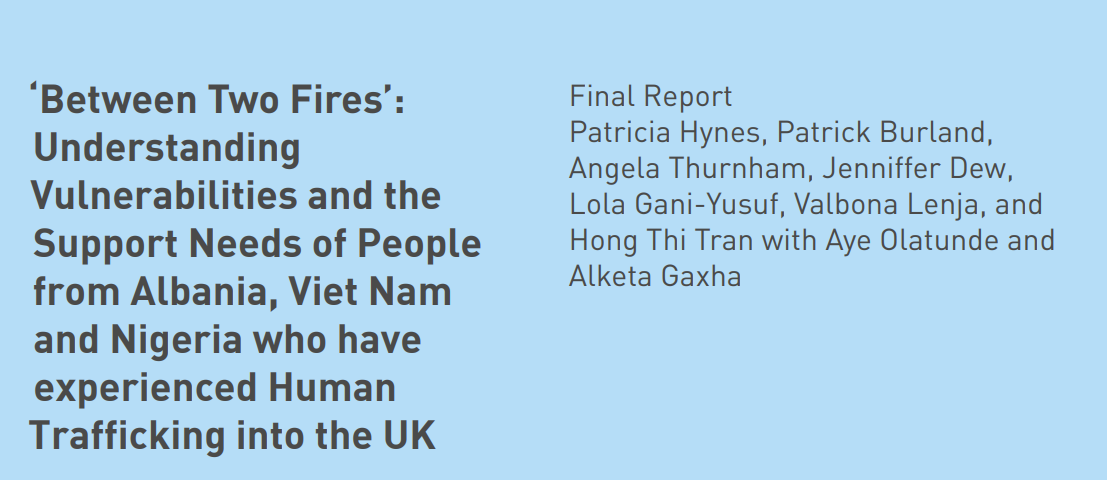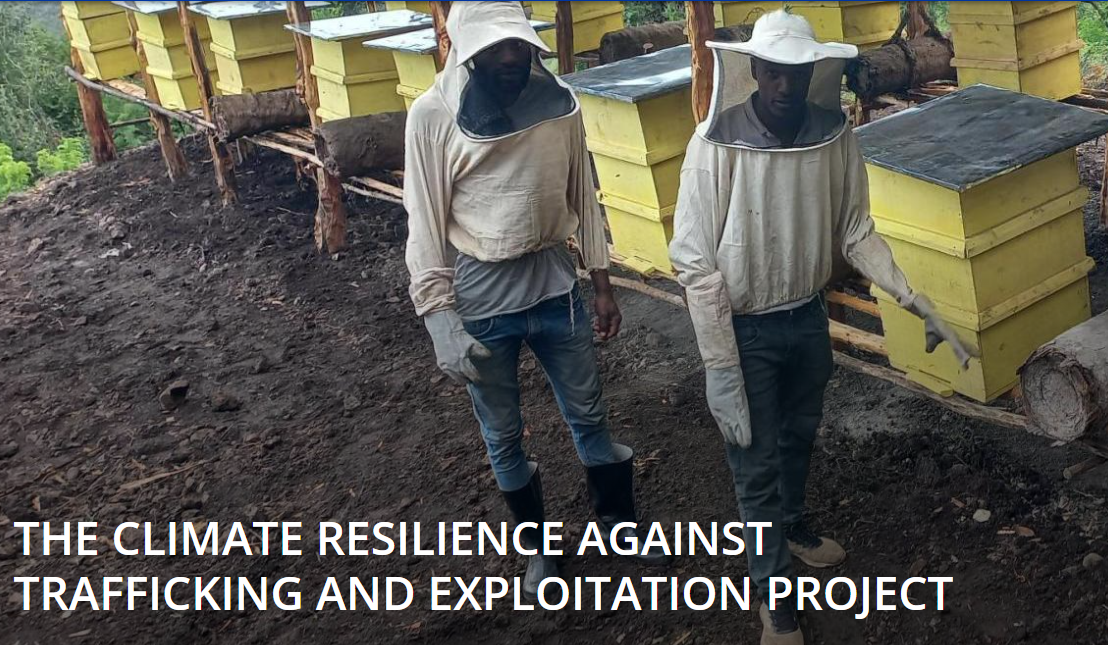-
Who we are
WHO WE AREThe International Organization for Migration (IOM) is part of the United Nations System as the leading inter-governmental organization promoting humane and orderly migration for the benefit of all. IOM has had a presence in the United Kingdom since 1995.
About
About
IOM Global
IOM Global
-
Our Work
Our WorkAs the leading inter-governmental organization promoting humane and orderly migration, IOM plays a key role to support the achievement of the 2030 Agenda through different areas of intervention that connect both humanitarian assistance and sustainable development. In the UK, IOM supports migrants through a variety of resettlement, support and protection activities.
Cross-cutting (Global)
Cross-cutting (Global)
- Data and Resources
- Take Action
- 2030 Agenda

Human trafficking and modern slavery are crimes and grave human rights violation affecting men, women and children all around the world, in peace and during conflicts and disasters. IOM is a leader in counter-trafficking, drawing on quarter century of experience and having directly assisted over 100,000 people worldwide.
IOM’s counter-trafficking work:
|
|
Contributes to improvements in the health, safety and well-being of people who have been trafficked |
| Strengthens the prevention and protection measures for people at risk of trafficking, including migrants | |
| Helps governments, the private sector and civil society enhance their prevention and protection responses to counter trafficking | |
In the UK, IOM works to address these challenges through a holistic and protection-centred approach that combines data analysis, support to survivors and capacity-building activities. Strong international collaboration and private sector engagement are key to the effectiveness of these efforts.
Our approach begins with data and evidence to inform policy and decision-making processed, as well as to raise awareness of these issues among the public and civil society organisations about key trafficking trends, including to help dispel misconceptions and misinformation.
IOM UK identifies key highlights, ongoing trends, and data gaps through analyses of publicly available data from the UK National Referral Mechanism (NRM), the country’s official system for identifying and assisting victims of modern slavery.
Related Content: National Referral Mechanism Analysis Briefs | IOM United Kingdom
While the NRM delivers essential initial support, survivors often face barriers to long-term reintegration, with employment as a key area of need. In response, IOM UK has expanded the Skills Training and Reintegration (STAR) programme to Northern Ireland, equipping survivors with practical skills to improve employment prospects and support their journey towards independence.
For survivors of modern slavery and human trafficking who were exploited in the UK and choose to return to their country of origin, the Improving Reintegration for Survivors of Modern Slavery project enhances the capacity of UK organisations to better support voluntary return and reintegration.
Additionally, the Climate Resilience Against Trafficking and Exploitation (CREATE) project seeks to mitigate trafficking risks by fostering climate resilient, trafficking-aware communities in vulnerable regions such as Ethiopia and the Philippines, while contributing to the knowledge base on the link between climate change and human trafficking.
IOM data-analysis and evidence submissions have been widely used to advocate for better informed policy in counter-trafficking and modern slavery, as well as for better support for survivors of trafficking.

-
PAST PROJECTS:
-
The Assessing Stigma for Prevention, Improved Response and Evidence Base (ASPIRE) was a project between 2019-2022 coordinated by IOM UK and implemented by IOM Ethiopia and IOM Indonesia. The project was focused on improving counter-trafficking through a social norms and stigma informed approach in Indonesia and Ethiopia. The project also generated new evidence on the nexuses between trafficking in persons and social norms and how this affects vulnerabilities to trafficking and exploitation and the responses to victims of trafficking who return to Indonesia and Ethiopia. 

Between 2022-2023 IOM worked with Essex University and Hibiscus Initiatives on a research study about the identification and support of survivors of modern slavery in prison in the UK. 
IOM conducted research with the University of Bedfordshire between 2017-2019 on vulnerabilities to human trafficking in Albania, Viet Nam and Nigeria. IOM country offices in Albania, Viet Nam and Nigeria supported with organising Shared Learning Events where local stakeholders shared their knowledge and the IOM offices worked with local research consultants to collect data from survivors and key stakeholders. 


